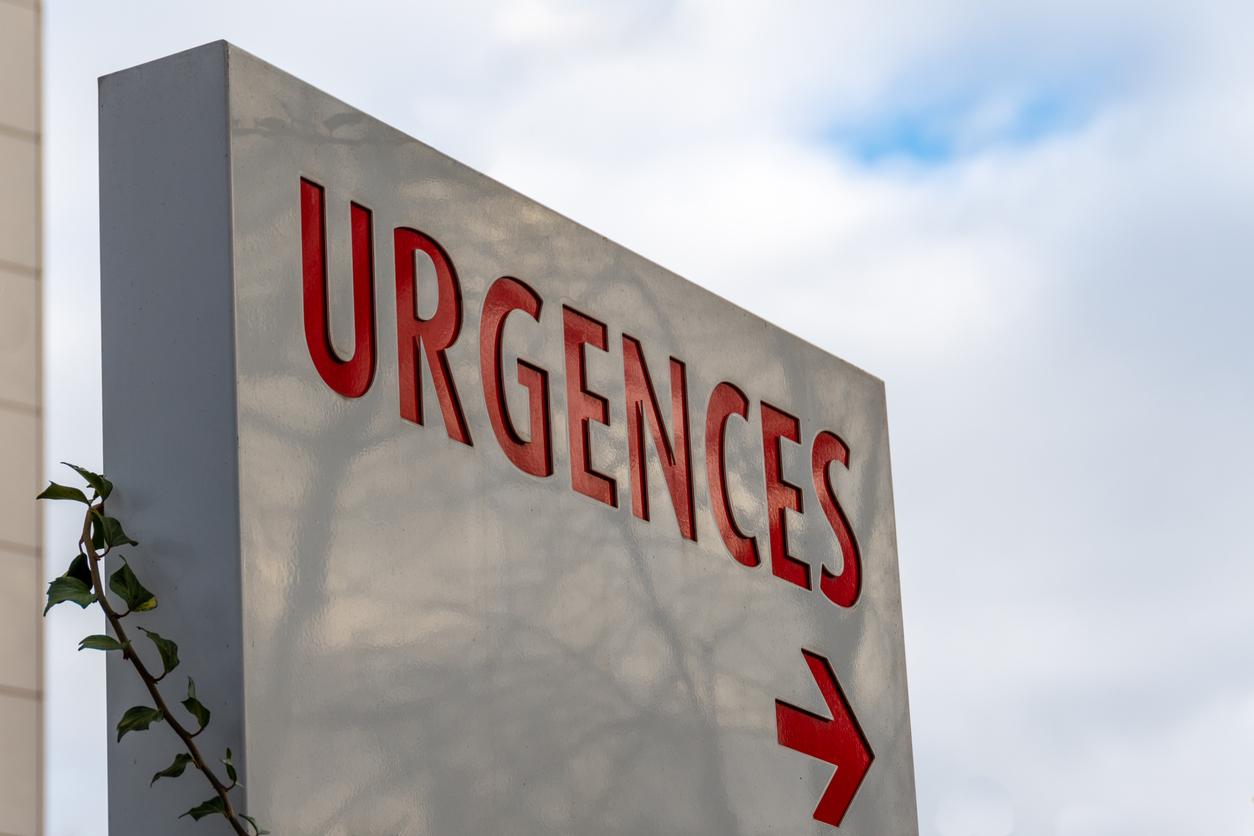When falling into the arms of Morpheus, some hear deafening noises, sometimes accompanied by a flash of light. A phenomenon called “exploding head syndrome”.

- Exploding head syndrome was first described in the 1860s.
- One in five students have already experienced this parasomnia at least once in their life. For more than 15%, this sleep disorder occurs frequently.
Sleepwalking, night terrors, nightmares… There are several parasomnias, namely a set of abnormal behaviors that occur when falling asleep, during sleep or during the waking phase. In this specific category of sleep disorders, we also find exploding head syndrome (ETS). According to work published in 2014 in the journal Sleep Medicine Reviewsthis benign parasomnia “has received relatively little empirical and clinical attention.”
Sound or visual hallucinations
Exploding head syndrome is characterized by the perception of violent noises, such as an explosion, gunshots or slamming doors, when falling asleep, which disrupts sleep and leads to a sudden awakening. These noises, which last less than a second, are not real and are sometimes accompanied by a flash of light. These are hallucinations.
“These manifestations cause distress in the patient, but there is no pain associated with them. The events occur with varying frequency, and there may be a decrease in their occurrence between episodes,” can we read in a study published last January by the National Center for Biotechnology Information.
What are the causes ?
The causes of this parasomnia are still unknown. “It often happens during periods when people are stressed, like many parasomnias by the way. We are often on unexplained manifestations of an unmanaged stress load. But the studies are not categorical, parasomnia can have d ‘other origins’, explained to Dauphine Libere Laurence Hertert-Gondolfo, somnologist and coordinating doctor of the sleep center in Saint-Martin-d’Hères (Isère).
Exploding head syndrome is frightening for those who suffer from it. Based on research published in 2021, patients may believe that a stroke, brain tumor, or brain hemorrhage is responsible for these noises. “These concerns are the reason many seek medical attention. This is an underdiagnosed and underreported syndrome, as healthcare professionals may be unfamiliar with the diagnosis.”
An electroencephalogram to establish the diagnosis
Asked by the women’s journal, Dr. Marie-Françoise Vecchierini, neuropsychiatrist, indicated that the patient must consult a doctor who specializes in sleep when the disorder recurs and becomes bothersome. To establish and confirm the diagnosis, the practitioner performs an electroencephalogram, which measures and records the electrical activity of the brain.
For now, there is no specific treatment for exploding head syndrome. To avoid the regular occurrence of this parasomnia, it is advisable to follow sleep hygiene rules, such as not falling asleep on your back, and to focus on relaxation or herbal medicine. If these methods do not work and the disorder is disabling, “we can offer treatments based on benzodiazepines”says Laurence Hertert-Gondolfo.

.

















